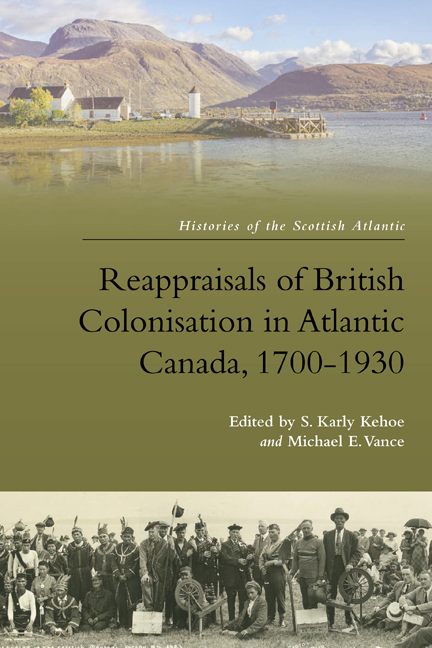10 - Cosmopolitan Engagements: Class, Place and Diplomacy in the Gulf of St Lawrence Fisheries, 1815–1854
Published online by Cambridge University Press: 10 October 2020
Summary
Politicians, civil servants and other government officials, men such as Lorenzo Sabine, George Brown Goode, Phillip Tocque, Matthew Warren and Moses Perley, all wrote early histories of the fisheries of the Gulf of St Lawrence. Their studies partly grew out of international disputes over that region and the waters lying off of north-eastern North America more generally. Indeed, in some cases discussions among politicians and diplomats engaged in negotiations over the fisheries led to the studies themselves. In other instances, a more passive, but nevertheless partisan position is detectable in the general interpretation of detailed accounts of the timing and methods of different fisheries, and of the terms of treaties governing who could fish where, often with attention to fuzzy treaty language that might provide diplomats and politicians with leverage as they manoeuvred to maximise the extent to which crews from their respective countries and kingdoms could exploit different marine species. Since the publication of these early analyses, historians, generally university-trained and employed, have added a steady stream of contributions. Some of the earliest of these scholars continued to focus on formal politics, political economy and diplomacy, mainly as a part of imperial history. Subsequently, others turned their attention more squarely to economic matters, focusing on marketing, distribution and the causes of ‘underdevelopment’. In the last several decades, social historians have added much to our understanding of family life, the history of women and gender, the history of environmental change, the credit system and myriad other aspects of social relations of production in the fisheries.
Taken together, these scholars have provided a valuable contribution to our understanding of an array of topics. Most, however, have tended to take as given a determining relationship between diplomatic and other agreements pertaining to the fisheries, and the personnel, employment and other relations among residents of the colonies and countries to which those agreements pertained. Thus, it has been widely assumed that American vessels were crewed by American sailors who represented the aims and interests of the United States fishing sector as set out in formal agreements and policies.
- Type
- Chapter
- Information
- Publisher: Edinburgh University PressPrint publication year: 2020



